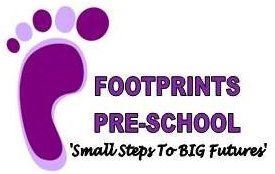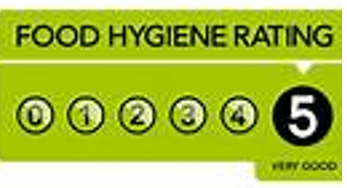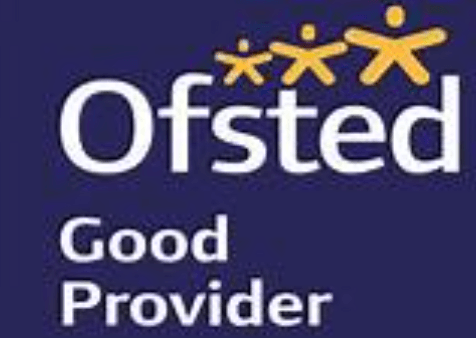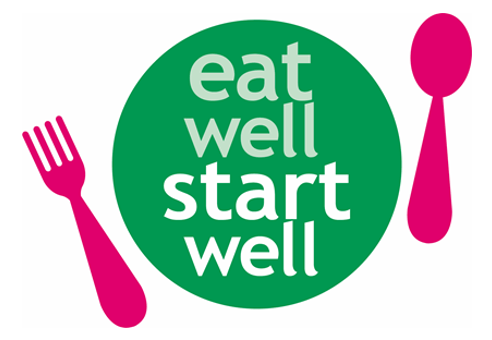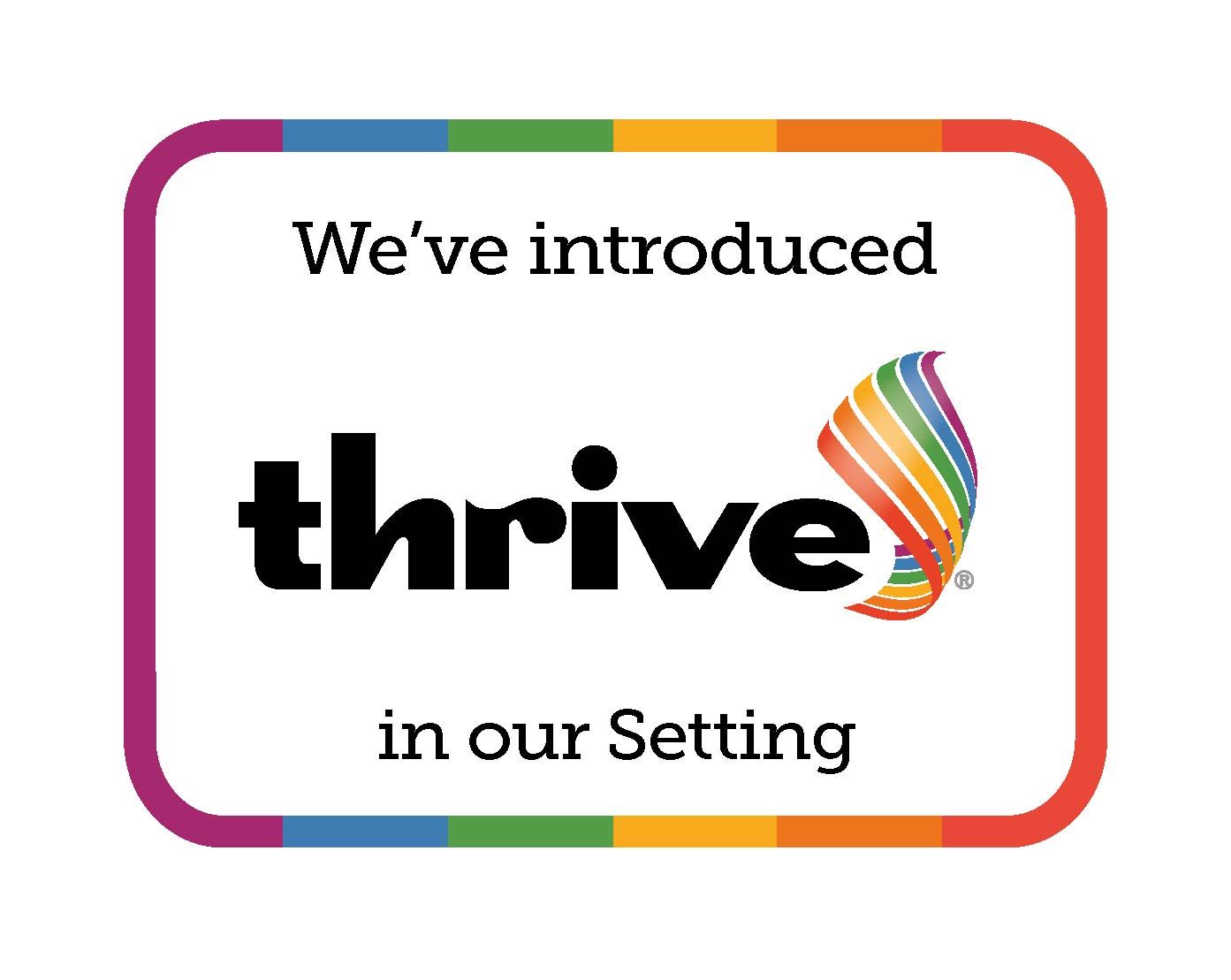LOCAL OFFER
Click on dropdown for answers.
-
How does the setting / school / college know if children/young people need extra help and what should I do if I think my child/young person may have special educational needs? How do you identify children/young people with special educational needs? How will I be able to raise any concerns I may have? If the setting / school / college is specialist which types of special educational need do you cater for?
Information is kept up to date on each child with weekly observations relating to the EYFS, regular parent’s evenings, trackers and reports are completed every half term. A key person system is in place for better knowledge of each child. All about me forms are sent out when child first starts. We have a SENCO who regularly updates tracking on all children and associates with local help to make sure children who need who need it are getting help. Also staff members who work at White Lodge are able to bring their knowledge over.
-
How will early years setting / school / college staff support my child/young person? Who will oversee and plan the education programme and who will be working with my child/young person and how often? What will be their roles? Who will explain this to me? How are the setting / school / college governors or trustees involved and what are their responsibilities? How does the setting / school / college know how effective its arrangements its provision for children and young people with special educational needs are?
There is a SENCO in place who can support children who need it and a 1:1 is in place for children who need it. SENCO will attend any assessments and meetings necessary. Discuss any issues we have with relevant professionals where possible and observe and monitor all children to notice any changes. Policies and procedures are in place.
-
How will the curriculum be matched to my child’s/young person’s needs? What are the setting’s / school’s / college’s approaches to differentiation? How will that help my child/young person?
The EYFS is used to gage a child’s ability when we plan child based activities. Planning is adapted for any child as and when is needed. ISP’s are filled out for children when needed to achieve goals to help development. Specialist equipment can sometimes be purchased through funding all helps to develop children with their individual needs.
-
How will both you and I know how my child/young person is doing and how will you help me to support my child’s/young person’s learning? In addition to the normal reporting arrangements what opportunities will there be for me to discuss his or her progress with the staff? How does the setting / school / college know how well my child/young person is doing? How will I know what progress my child/young person should be making? What opportunities will there be for regular contact about things that have happened at early years setting / school / college eg a home school book? How will you explain to me how his or her learning is planned and how I can help support this outside of the setting / school / college? How and when will I be involved in planning my child’s/young person’s education? Do you offer any parent training or learning events?
Communication books are provided for those that want them. We liaise with the SEND support advisors regularly for advice and guidance. Learning journeys are provided for each child with regular reviews every 3 months. Parents are offered stay and play sessions so advice can be given by the parents. 2 year checks are done as well as half termly progress reports, behaviour plans, ECAT form, summary progress spread sheet, ISPS's and settling in sessions.
-
What support will there be for my child’s/young person’s overall well being? What is the pastoral, medical and social support available in the setting / school / college for children with SEND? How does the setting / school / college manage the administration of medicines and providing personal care? What support is there for behaviour, avoiding exclusions and increasing attendance? How will my child/young person being able to contribute his or her views? How will the setting / school / college support my child / young person to do this?
All staff have DBS clearance before starting and attend first aid training and safe guarding training. All medicines that are prescribed have to have prescription labels on with child's name and the amount to be given. Medicines can only be given by a member of management or by those staff that have the relevant training. A witness must be present in the giving of medicines.
-
What specialist services and expertise are available at or accessed by the setting / school / college? Are there specialist staff working at the setting / school / college and what are their qualifications? What other services does the setting / school / college access including health, therapy and social care services.
Some staff have been on specialist training which is shared with all staff. We have outside professionals who can come into guide and advise where relevant, personal care plans are set out for children. We also have help from the SEND advisors. We also have some staff that work at the White Lodge Centre and are able to bring their knowledge and training over.
-
What training are the staff supporting children and young people with SEND had or are having? This should include recent and future planned training and disability awareness.
We have SEN staff trained in communication and language, Makaton and PECS. All staff have a basic understanding of Autism. Some staff are also trained in specific types of conditions such as epilepsy. All staff have key person training and have specific training depending on the areas and the age that they work with and the needs including under 2's, babies and SEN forums.
-
How will my child/young person be included in activities outside the classroom including school trips? Will he or she be able to access all of the activities of the setting / school / college and how will you assist him or her to do so? How do you involve parent carers in planning activities and trips? Planning for trips out to include all children, adaptations and additional support
Regular outings are arranged to include all children. All outings are risked assessed and visited to ensure it is accessible for all. Children who require 1:1 are catered for to ensure inclusion.
-
How accessible is the setting / school / college environment? Is the building fully wheelchair accessible? Have there been improvements in the auditory and visual environment? Are there disabled changing and toilet facilities? How does the setting /school / college communicate with parent carers whose first language is not English? How will equipment and facilities to support children and young people with special educational needs be secured? Current and possible changes to your premises, including all families, translations, visual support, extra funding (Inclusion grant etc) Equality Act, making reasonable adjustments
We have access for wheelchairs at both entrance and exit to the setting. The hall is spacious with access to the garden. A disabled toilet is available. We have dual language books and documentation can be translated to first language. Braille resources are available and funding and grants can be applied for.
-
How will the setting /school / college prepare and support my child/young person to join the setting /school / college, transfer to a new setting / school / college or the next stage of education and life? What preparation will there be for both the setting / school / college and my child/young person before he or she joins the setting / school / college. How will he or she be prepared to move onto the next stage? What information will be provided to his or her new setting / school / college? How will you support a new setting / school / college to prepare for my child/young person?
New parents are invited in with their child with settling in sessions offered. When moving rooms transition sessions are arranged with photo books to reinforce the changes to make it easier for the child. School visits are set up for children moving to school and school-based activities are set out in preschool to ease the transition.
-
How are the setting`s/school`s/college’s resources allocated and matched to children’s/young people’s special educational needs? How is the setting’s / school’s / college’s special educational needs budget allocated? Deployment of staff in setting, additional funding e.g. Inclusion grant, discretionary funding, EHC Plan
Staff use the resources in different and creative ways to match them with the children's individual needs. Additional funding and grants can be applied for to buy specialised resources for children's individual educational needs.
-
How is the decision made about what type and how much support my child/young person will receive? Describe the decision making process. Who will make the decision and on what basis? Who else will be involved? How will I be involved? How does the setting / school / college judge whether the support has had an impact?
On going communication with parents and relevant professionals. Relevant paperwork submitted by the deadline to ensure we get the help required. 1:1 support is allocated when needed with 1:1 sessions given to those that only need a small amount of help. SENCO and management liaise on a regular basis continually monitoring progress through observations and ISP's.
-
How are parents involved in the setting / school / college? How can I be involved? Describe the setting’s / school’s / college’s approach to involving parents in decision making and day to day school life including for their own child or young person.
Parents are invited to give feedback on ISP's and reviews of their child. There is a parents comment box in reception and stay and play sessions are available for all parents with a review sheet given afterwards. Parent questionnaires are also offered.
-
Who can I contact for further information? Who would be my first point of contact if I want to discuss something about my child/young person? Who else has a role in my child’s/young person education? Who can I talk to if I am worried? Who should I contact if I am considering whether child/young person should join the setting / school / college? Who is the SEN Coordinator and how can I contact them? What other support services are there who might help me and provide me with information and advice? Where can I find the local authority’s Local Offer?
You can speak to your child's keyworker about their development and management and the SENCO are always available for any information. We can provide leaflets for certain information or can direct to the relevant sources.
